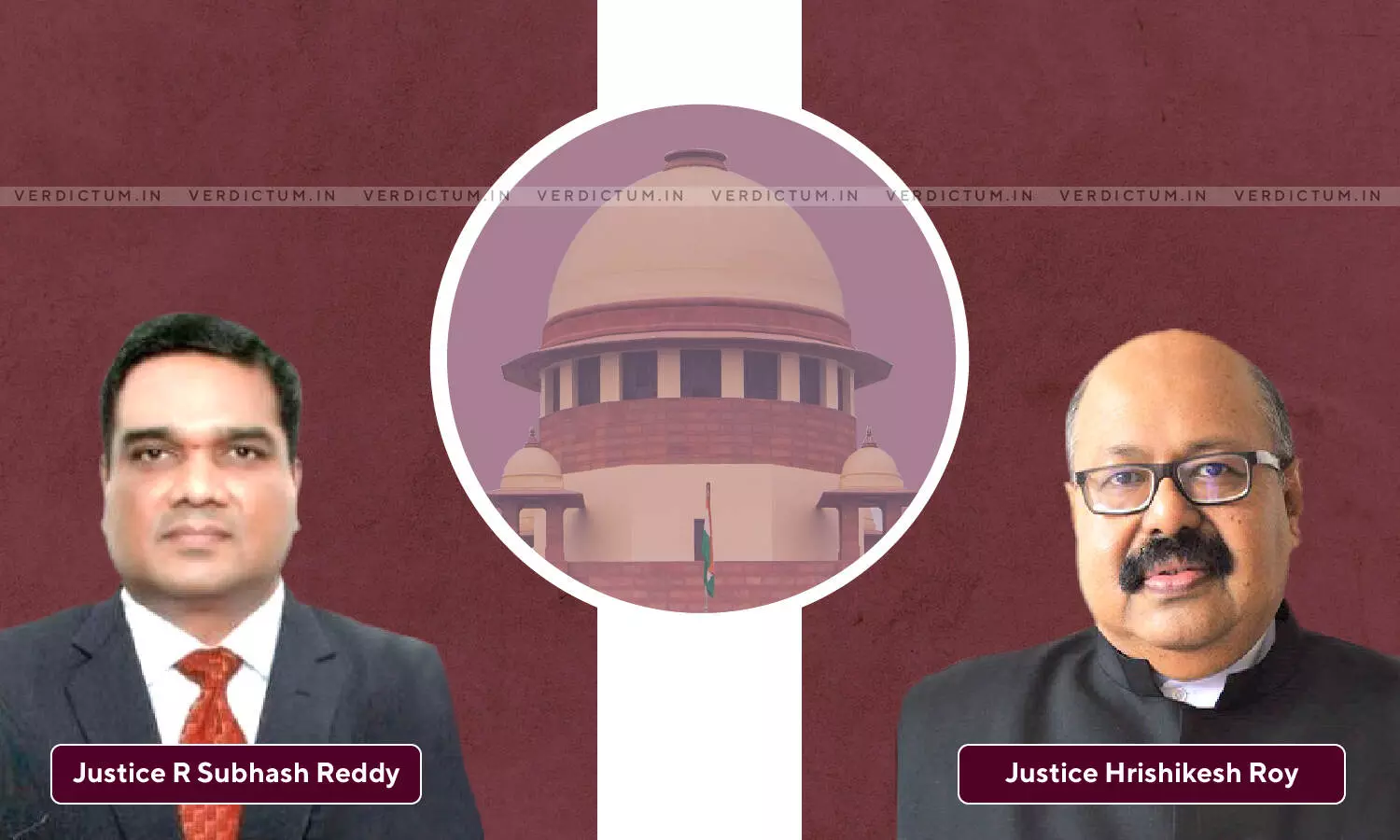
Dying In Harness Appointment – Supreme Court Holds That Retrospective Seniority Cannot Be Claimed From A Date When Employee Is Not Even Borne In Service
 |
|A two-judge Bench of Justice R. Subhash Reddy and Justice Hrishikesh Roy has held, "The jurisprudence in the field of service law would advise us that retrospective seniority cannot be claimed from a date when an employee is not even borne in service."
An appeal was filed before the Supreme Court by the State of Bihar against the Judgment passed by the Patna High Court which had directed the Appellant to consider the appointment of the Respondent from the date when an initial order of his appointment was passed (20.11.1985) and not from the date when he was actually appointed (27.02.1996) pursuant to a Judgment of the Supreme Court in an earlier round of litigation.
The Respondent had applied for compassionate appointment when his father died in harness working as a Home Guard. Though he was shortlisted for the post of Adhinayak Lipik, owing to his deficiency in physical standards, his candidature was rejected.
The Patna High Court ordered for his appointment as a Class IV employee. Aggrieved, the Respondent approached the Supreme Court where the Court directed for his appointment as Adhinayak Lipik.
After six years of joining, the Respondent made an application to claim seniority from the date of the initial appointment, but the authority rejected the claim.
The issue which was dealt with by the Court was whether the Respondent was entitled to claim seniority in a service retrospectively as was ordered by the High Court or from the date he entered service.
The Apex Court, after considering the contentions of parties, was of the view that when a direction was issued by the Supreme Court for the Respondent's appointment there was no direction for permitting retrospective benefit to the Respondent. In this view, the High Court should not have traveled beyond the order passed by the Court to give him the retrospective advantage when he joined his services a decade later.
"It is also necessary to bear in mind that retrospective seniority unless directed by court or expressly provided by the applicable Rules, should not be allowed, as in so doing, others who had earlier entered service, will be impacted," the Bench observed.
While relying on precedents, the Court opined, "The seniority balance cannot be tilted against those who entered service much before the respondent. Seniority benefit can accrue only after a person joins service and to say that benefits can be earned retrospectively would be erroneous."
"Proceeding with these facts, it is clearly discernible that the respondent has slept over his rights, and never earlier pointedly addressed his present claim either to the Supreme Court (in the earlier round) or to the State, soon after his appointment," the Court observed.
"The action of the authorities in determination of the respondent's seniority from the date of entering service is found to be consistent with the applicable laws," the Court held.
The Court while holding that the High Court was in error in granting retrospective seniority to the Respondent, set aside and quashed the Judgment of the High Court and allowed the appeal.